Part 1: What Should I Do When I Grow Up?
We spend 11,000+ hours in compulsory education in Australia but how much time do you think we spend on preparing young people for what they're going to face out of school - their working lives?
On average, students spend just 40 hours on careers education. That’s just 0.4% of the time planning on what they’re going to do with 80,000+ hours they're going to spend working in their careers.
This would be equivalent to spending half an hour preparing to climb to the summit of Mt Everest - a 60 day hike.
It is no surprise then that 1 in 2 high school students don’t have a clear life direction and 1 in 3 young people in Australia are unemployed or underemployed after completing their studies. Source
If you are reading this and you’re part of the statistics above, don’t panic. If you don’t know what you want to do when you “grow up”, don’t panic. Even if you think you’ve “grown up” and still don’t know what you want to do, don’t panic.
Firstly, let’s start with the question:
“What do you want to do when you grow up?”
This is usually how I felt when I got asked this question:
This question is flawed in many ways because more than half of young people don’t know what they want to do. Young people are still learning about themselves and the job market. At the age of 15, how can you really know what you want to do when you’re 40 years old? This would be the same as picking a haircut at age 15 and sticking to it until you’re 40 years old.
Also, by not knowing what they want to do at age 15, they start to feel lost and confused compared to all the lucky students who have already figured out their destiny for the next 50 years. Then ones who want to be doctors, lawyers and engineers. Not because their parents told them, but because that’s always been their dream.
A better question than “What do you want to do when you grow up?”, might be:
“Who do you want to grow into?”. See, life is a process, and whilst you may not know what you want to do, you do know what you like and what you are good at and you can use that to form an idea of who you want to grow into, and once you have that, you have many different paths you can take.
Instead of generic job titles, let’s think instead about the type of person you want to be.
Instead of “I want to be a doctor when I grow up”, let’s say “I want to be the kind of person who helps saves lives”
Instead of “I want to be an engineer”, let’s say “I want to be the kind of person who build cool things for people”
Instead of “I want to be an lawyer”, let’s say “I want to be the kind of person who defends people’s rights”
What you’ll find is that this opens up many more pathways and helps you develop character and meaning in your life beyond just a job title. Focussing on WHO you want to be rather than specific occupations can also help alleviate the unnecessary pressures young people face in school in getting good grades to get into extremely competitive fields like medicine and law.
10% of young people in school want to be a doctor in Australia. However, only the top 1% of students will even have a chance to study medicine and only 0.5% of the workforce will have an opportunity to practice as doctors. This means, at least 9 out of 10 students who want to be a doctor will not be able to become one.
However, if we focussed rather on the traits of a doctor, a person who cares for the health and wellbeing of others - then you would be able to see many other doors opening up that you hadn’t considered before. Paths like becoming a nurse, paramedic, pharmacist, social worker, counsellor - who all care for the health and wellbeing of others.
So the question of WHO do you want to be becomes a lot more valuable than WHAT you’re going to do.
Now, before we try and answer this question, we need to answer a very important underlying question.



